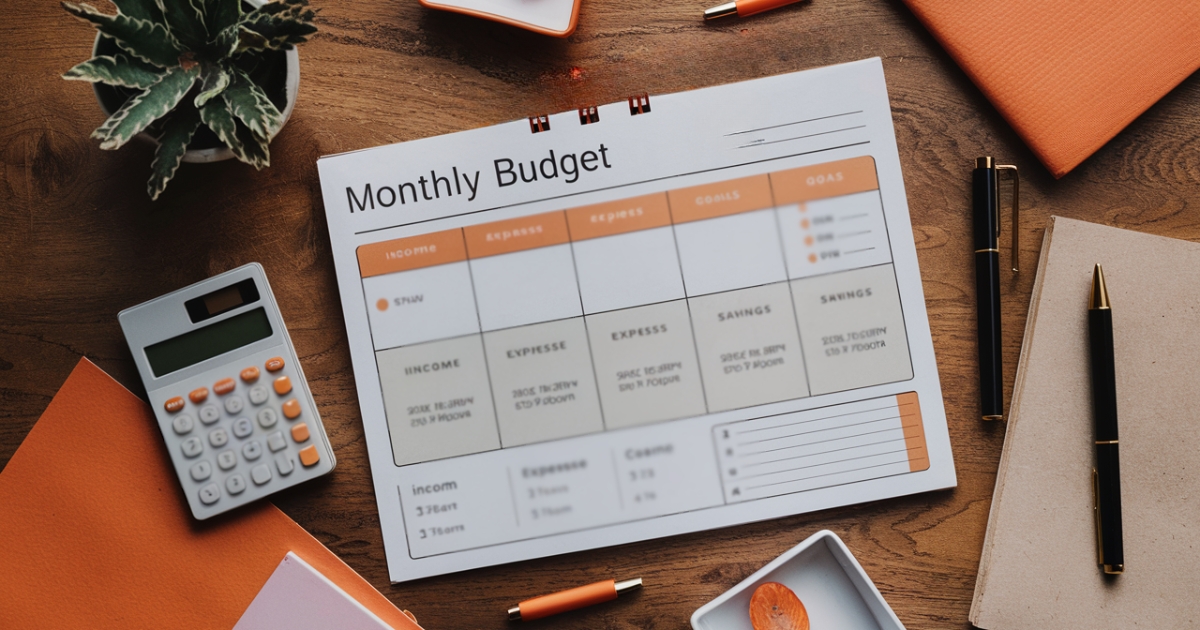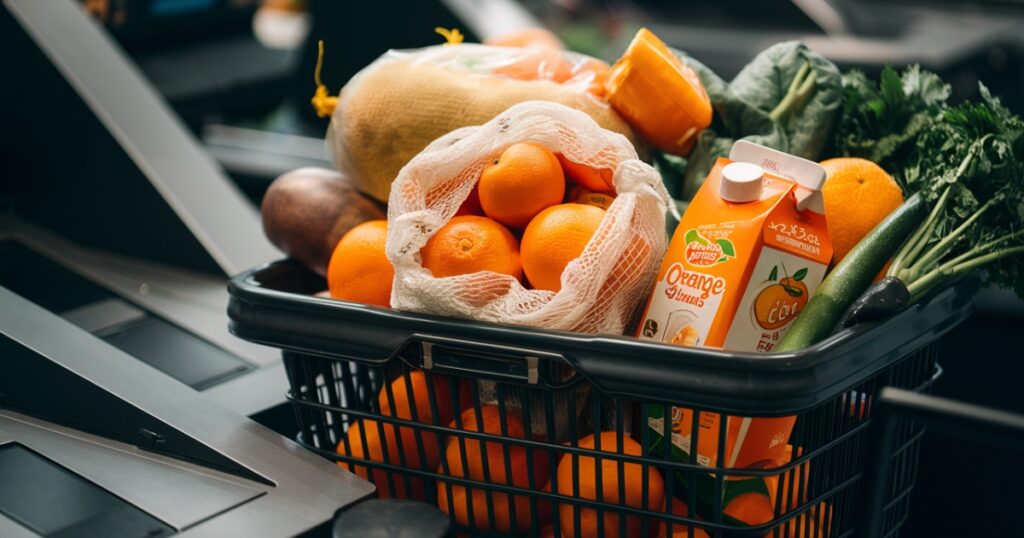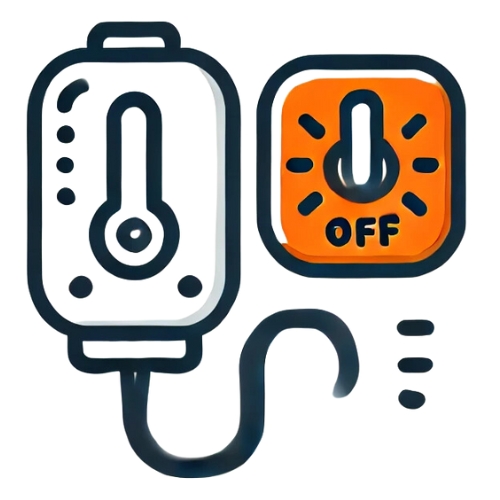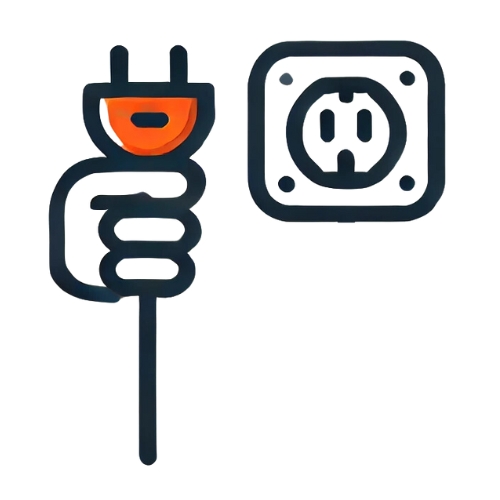
Saving money each month doesn’t have to be a challenge. With a few simple strategies, you can make small changes that add up to significant savings over time. Whether it’s cutting down on unnecessary expenses, finding better deals, or simply planning your budget more effectively, there are plenty of ways to stretch your pounds further. Are you ready to discover how to save money monthly and take control of your finances?
Key Takeaways
- Set Clear Savings Goals: Define specific financial targets, calculate the required monthly savings, and stay motivated to achieve your goals.
- Monitor Spending and Budget Wisely: Keep a close eye on your expenses to spot potential savings, and apply budgeting strategies like the 50/30/20 rule to manage your finances efficiently.
- Apply Cost-Saving Strategies: Adopt practices such as opting for generic medications, exercising at home, planning meals, and shopping with discounts to reduce monthly expenses in various areas.
About Arcadia Finance
Simplify your loan process with Arcadia Finance. Choose from 19 trusted lenders, all adhering to South Africa’s National Credit Regulator standards, and enjoy a hassle-free application with zero fees. Your financial needs, expertly matched.
Save Money by Personal Finance Management
Establish a Savings Goal
Setting a specific target gives you clarity on the amount you need to save and helps maintain your motivation to stick to your savings plan. For example, your goals might include saving for a holiday, a vehicle deposit, or creating an emergency fund to avoid relying on credit cards for unexpected expenses. Determine when you want to reach your goal and calculate the monthly savings required to get there.
Monitor Your Spending
Tracking your expenses for a month can provide valuable insights and reveal potential savings. You can record your spending using traditional methods like paper and pencil, a computer spreadsheet, or a mobile note-taking app.
Many South African banks offer apps to track expenses. Alternatively, you can download apps like 22seven, Money Manager, or Spendee, which are available in South Africa and often include budgeting tools as well.
Monthly savings aren’t just for the New Year! Learn how to pair consistent saving habits with our 10 Steps to Avoid Januworry for a secure financial future.
Implement a Budget
Maintaining a budget is key to keeping your expenses within your income. Start by calculating your net monthly income and listing all your fixed and variable expenses, including less frequent costs like property rates, car maintenance, and holiday gifts.
To manage your finances effectively, you can choose from various budgeting methods. The 50/30/20 rule is a popular choice in South Africa, where 50% of your income goes to essentials, 30% to discretionary spending, and 20% to savings or debt repayment. For a more detailed plan, you might try zero-based budgeting, which allocates every rand to a specific expense or savings goal. You can also use budgeting apps like 22seven or MoneySmart, which are tailored to the South African market, to help you stay on track.
Overwhelmed by debt? Start reclaiming your financial independence today. Our guide on how to pay off debts offers practical steps to get back on track and enhance your monthly savings.
Automate Your Savings
Setting up automatic transfers from your cheque account to your savings account can significantly increase your savings without much effort. This method is particularly effective if you’re saving towards specific goals like an emergency fund, a holiday, or a home deposit.
In South Africa, apps like 22seven or Stash can automate small transfers from your cheque account to your savings account, reducing the hassle of manual transfers. These apps simplify the saving process, making it easier to grow your funds without constant monitoring.
Save Your Spare Change
Collecting your loose change can be an effective way to save. By setting aside your coins and small notes each evening, you can accumulate a substantial amount over time, which can then be deposited into your savings account. Using cash rather than cards can make it easier to save in this manner, as you’re more likely to feel the impact of spending physical money.
Understanding What Drives Consumer Spending and Debt Decisions in Modern Households sheds light on the challenges South Africans face with rising costs. By aligning budgeting techniques with the insights provided, households can better manage their monthly savings strategies.

Save Money on Groceries
- Utilise Bulk and Discount Retailers
In South Africa, stores like Makro, Game, and Boxer offer discounts on bulk purchases and essential products. These retailers often run promotions on bulk buys, helping you save on everyday items. Additionally, shopping at local markets can provide more affordable fresh produce.
- Implement Meal Planning
Planning your meals in advance allows you to buy only what you need, reducing food waste and unnecessary spending. Cooking at home not only cuts costs but also makes use of seasonal produce, which is generally cheaper and fresher.
- Opt for Store Brands
Retailers such as Checkers, Pick n Pay, and Spar offer their own house brands at lower prices than well-known national brands. These alternatives often provide comparable quality and are a good way to reduce daily expenses.
- Choose Midweek Shopping
Shopping on Wednesdays or Thursdays can take advantage of midweek sales and discounts common in South African supermarkets. Signing up for store newsletters can also keep you informed about current promotions.
- Adhere to a Shopping List
Create a list based on your weekly meal planning and stick to it to avoid impulse buys, which can significantly increase costs. Using online shopping services like Checkers Sixty60 or Woolworths’ digital platform allows you to track your total expenses before completing the purchase, helping you manage your budget more effectively.
Planning a major purchase requires smart saving strategies and the right financial products. Learn how the best tax-free savings account in South Africa can serve as your ally in saving for big goals, whether it’s a home, car, or a dream vacation, without the strain of taxes reducing your savings.
Save Money on Electricity

Geysers – The Primary Energy Culprit
In South African homes, geysers are a major energy drain, often accounting for up to 40% of the monthly electricity bill. To help manage these costs:
- Deactivate When Unnecessary: Turn off your geyser when you’re not at home or during the night. Installing a timer can automate this process.
- Enhance Geyser Efficiency: Using a geyser blanket can help retain heat and reduce the electricity needed to maintain water temperature. These blankets can be purchased or made with insulation materials like “think pink.” Insulating the first metre of hot water pipes can also reduce heat loss.

Revamp Your Lighting
Lighting can make up as much as 10% of your electricity bill. Switching to energy-efficient LED bulbs, which use up to 80% less power than traditional bulbs and have a longer lifespan, can save you about R60 on a typical R600 bill. Develop the habit of turning off lights in rooms that are not in use.

Enhance Home Insulation
Improving home insulation can significantly lower your electricity bills, especially in the colder months. Although the initial cost can be high, it can lead to annual savings of 30%-40% on energy bills. In the South African context, insulating your roof and walls is particularly effective for stabilising indoor temperatures, reducing the need for heating and cooling.

Disconnect Appliances
Appliances continue to consume power even when they are switched off if they remain plugged in, which could account for 10%-20% of your electricity bill. Unplugging devices when not in use, or using power strips for easy disconnection, can help reduce this standby consumption.

Schedule High-Energy Tasks for Off-Peak Times
Electricity rates can vary throughout the day, often being lower during off-peak hours (before 3 p.m. and after 7 p.m.). Performing energy-intensive tasks like laundry, ironing, or using the dishwasher during these times can help lower your electricity costs. Check with your local utility provider, such as Eskom or your municipality, for the specific off-peak times and plan your activities accordingly.
Cut down on your electric bills with effective energy-saving strategies. While exploring options like generators, check out our energy-saving tips that can lead to significant monthly savings.
Save Money on Transportation
| Tip | Description |
|---|---|
| Adopt a Consistent Driving Style | How you drive affects fuel efficiency. In South Africa’s varied terrain, keeping a steady speed and avoiding rapid acceleration or hard braking can lower fuel consumption. This approach also reduces vehicle wear and tear, extending its lifespan and lowering maintenance costs. |
| Keep Your Vehicle in Good Condition | Regular maintenance is key to ensuring your vehicle runs efficiently. Stick to scheduled services, keep tyres properly inflated, and change the oil as needed. These steps enhance fuel efficiency and help prevent costly repairs. Many South African service stations and auto workshops offer these maintenance services. |
| Consider Car Sharing | Car sharing is increasingly popular in South African cities. Sharing rides with colleagues, friends, or family can cut individual fuel costs and reduce the number of cars on the road, easing traffic congestion and lowering pollution. Look into local carpooling networks or ride-sharing apps to find carpooling options in your area. |
| Use Fuel Price Comparison Apps | With fluctuating fuel prices, apps can help you find the best deals. Apps like Fuel Map South Africa provide real-time fuel price comparisons at different stations, along with features like journey cost estimations and rewards for frequent users. This helps you plan your refuelling stops more cost-effectively. |
| Explore Alternative Transport Options | To save on transportation costs, consider using public transport or cycling, especially for commuting or short trips. Major South African cities like Johannesburg, Cape Town, and Durban offer various public transport options, including buses and trains, which can be more economical than driving. Cycling not only saves money but also offers a healthy and eco-friendly travel option. |
New to budgeting? Begin your journey towards financial clarity and control. Our easy steps on how to create a budget can help you monitor your expenses and boost your savings.

Save Money on Entertainment
- Explore Local and Community Events: Look for free or affordable activities in your area, such as public concerts, festivals, museum open days, and other local entertainment. These events often offer enjoyable experiences at little to no cost.
- Take Advantage of Entertainment Discounts: Look for discounts and special offers for cinemas, theatres, and other entertainment venues. Many places offer reduced rates on specific days or for early bookings. Websites and apps often list last-minute deals, helping you enjoy entertainment at a lower price.
- Select Streaming Services Wisely: Instead of subscribing to multiple streaming services, choose one that best fits your viewing preferences or rotate between services based on your interest in particular shows or movies each month. This approach can help lower your monthly entertainment expenses.
- Organise Home Entertainment: Host entertainment events at home, like movie nights, game evenings, or sports viewing parties. Invite friends or family and consider a potluck arrangement where each guest brings a dish. This is a budget-friendly way to enjoy social gatherings.
- Engage in Creative and Educational Activities: Find activities that offer both fun and personal growth, such as crafting, experimenting with new recipes, or gardening. These hobbies are cost-effective and provide lasting satisfaction and enjoyment.
Planning a trip to South Africa? Understanding travel expenses is key to building your monthly savings plan. Factoring in these costs can help ensure you’re financially prepared for your next adventure. What’s the cost of travel in South Africa?
Save Money on Health and Wellness
Choose Generic Medications
Opt for generic medications when possible, as they are typically much more affordable than brand-name drugs while offering the same effectiveness. Many pharmacies in South Africa have schemes that provide additional savings on generic medications.
Utilize Preventative Care
Take advantage of preventative health services covered by your insurance to avoid costly treatments for preventable conditions. Regular check-ups, vaccinations, and health screenings can help detect issues early when they are often easier and less expensive to manage.
Cut Gym Membership Costs
Instead of investing in costly gym memberships, consider exercising at home or using community centres that offer more affordable fitness options. Many online platforms provide free or low-cost workout videos, allowing you to stay fit without a hefty price tag.
Minimize Processed Foods
Reduce your consumption of processed and takeaway foods, which are often expensive and less healthy. Cooking at home is not only more cost-effective but also allows you to control the ingredients in your meals, promoting better health. Plan your meals, buy ingredients in bulk, and use whole foods for healthier, budget-friendly meals.
Drink More Water
Replace costly beverages like sodas with water to save money and improve your health. Water is essential for various bodily functions and can help you feel fuller, which might reduce your overall food intake and grocery costs.
Saving money each month can make affording education much easier for families. Whether it’s cutting unnecessary expenses or finding creative ways to boost savings, our guide on Ways Families Can Tackle Rising Education Costs provides valuable insights on financial planning to help you achieve your academic goals.
Conclusion
By setting specific savings goals, tracking your spending, and applying cost-saving strategies across different areas of your life, you can manage your finances effectively and increase your savings each month. These small, consistent changes make it easier to reach your financial targets and help ensure a more stable and stress-free financial future in South Africa.
Frequently Asked Questions
The amount to save monthly depends on your financial goals, such as building an emergency fund, saving for a major purchase, or planning for retirement. A general guideline is to save at least 20% of your monthly income, though this can vary based on personal circumstances and objectives. To determine your specific amount, calculate your savings goal and divide it by the number of months you plan to save.
Start by creating a budget to track your expenses and identify areas for potential savings. Prioritise saving by setting up automatic transfers to your savings account at the beginning of each month. Using budgeting apps can also help you stay organised and manage your finances effectively.
To quickly build your savings, cut non-essential expenses like dining out or subscription services. Boost your savings by selling unused items, reducing utility bills, and shopping smarter with discounts and bulk purchases. Automating your savings can help accumulate money faster with minimal effort.
Effective tools include budgeting apps such as 22seven and Money Manager, which are popular in South Africa for tracking spending, setting savings goals, and automating savings. Additionally, price comparison websites and discount apps can help you find the best deals on everyday purchases.
The choice between saving in a savings account or investing depends on your goals and risk tolerance. A savings account is a low-risk option providing easy access to funds, suitable for short-term goals or an emergency fund. Investing offers higher return potential but comes with greater risk, making it ideal for long-term goals. Often, a balanced approach combining both saving and investing is the most effective strategy.
Fast, uncomplicated, and trustworthy loan comparisons
At Arcadia Finance, you can compare loan offers from multiple lenders with no obligation and free of charge. Get a clear overview of your options and choose the best deal for you.
Fill out our form today to easily compare interest rates from 19 banks and find the right loan for you.


